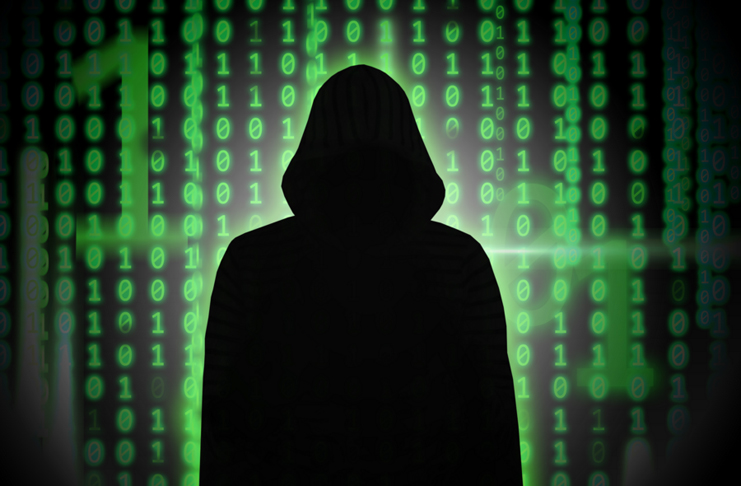
TravelingForMiles.com may receive commission from card issuers. Some or all of the card offers that appear on TravelingForMiles.com are from advertisers and may impact how and where card products appear on the site. TravelingForMiles.com does not include all card companies or all available card offers.
Some links to products and travel providers on this website will earn Traveling For Miles a commission that helps contribute to the running of the site – I’m very grateful to anyone who uses these links but their use is entirely optional. The compensation does not impact how and where products appear on this site and does not impact reviews that are published. For more details please see the advertising disclosure found at the bottom of every page.
At a recent industry conference, the chairman of Cyberscout (and co-founder of Credit.com) Adam Levin gave an interesting keynote speech on the realities we are now dealing with in the world of cybersecurity.
With massive hacks seemingly increasingly commonplace (the Equifax, Marriott, and British Airways hacks are just three that immediately leap to mind) and with more and more people using the internet to conduct a variety of private and financial transactions, it has never been more important for individuals to do all they can to ensure they’re as protected as possible from the threats that are being posed.

It is nothing short of staggering when you find out the amount of information that people openly share across the internet, and it’s very scary when you find out how quickly criminals are becoming adept at piecing together all the information they gather and then using it with great success to clone identities, to create new identities and to defraud people and corporations across the globe.
The sad fact is that the risks of identity theft, ransomware and hacks aren’t going away any time soon but the majority of people aren’t doing enough to protect their precious personal data.
Even if you think you’re doing as much as possible to make it as difficult as possible for criminals to access your information (as I did) the fact is that you’re probably not…so it’s time to reassess just how serious you are about protecting yourself from cybercrime.
In his keynote address, Adam Levin set out 14 points that everyone should consider when assessing just how much of an effort they’re making to protect themselves from cybercrime and he’s kindly allowed me to reproduce them below.
Ask yourself this question: How many of the following statements are true?
- There’s no document anywhere in your home or office that contains personal information that isn’t securely stored or that hasn’t been downloaded onto a password-protected encrypted thumb drive.
- Every password you use is unique to the account it unlocks, they’re all long and strong and are never shared with anyone (even family).
- You use a virtual private network and you don’t carry out sensitive transactions on public wi-fi.
- You enable 2-factor authentication whenever available.
- You frequently back up important data.
- You don’t click on links or open attachments unless received from independently confirmed, trusted third parties.
- You never authenticate yourself to a third party unless you’re in control of the interaction.
- You update software and firmware whenever you receive a legitimate notice, and upgrade them when appropriate.
- You turn location services off except when absolutely necessary.
- You lie like a superhero when creating answers to security questions.
- Your privacy settings are always restricted.
- You go to the legitimate app store and read reviews before downloading any app.
- You secure your mobile device and activate remote wiping features.
- You freeze your credit.
How did you do?
I did ok…but still nowhere near as well as I expected to do so I’ve already started making changes in a few areas.
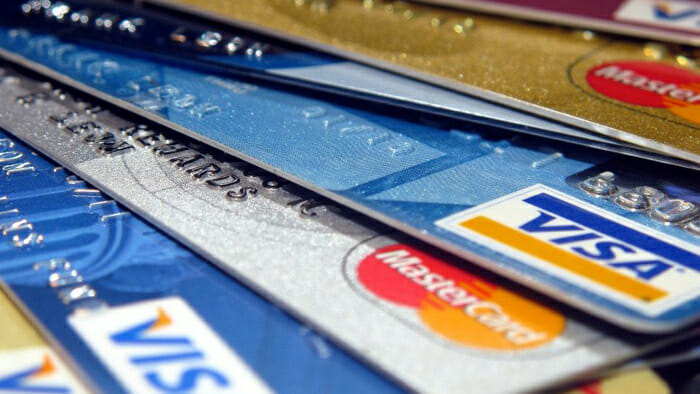
I genuinely don’t think that the majority of people understand just how sophisticated cybercriminals can be and I’m also very, very sure that most people have no idea just how much information they’re giving away every minute of the day (if your phone doesn’t have location services switched off you’d be amazed at what someone accessing that information can do with it).
Bottom Line
We talk about credit cards a lot in the miles and points world because they’re a key component of our hobby and a big reason why a lot of us travel in far more style than we otherwise would…but I don’t think we spend enough time talking about how we should be protecting the data which is used to get those credit cards.
We spend a lot of time discussing how hard credit card issuers are making it for us to open the credit cards we’d like to open (e.g Chase’s 5/24 policy), but we don’t seem to spend nearly enough time considering how much harder it would become to get these desirable credit cards if our credit scores took a nose-dive courtesy of identity theft.
So, with that in mind, please take the time to think about what information you’re sharing, how secure your passwords really are and where and how you’re conducting some of your more private transactions.
Cybercrime isn’t going away so it’s up to us to do our best to keep our personal information as secure as possible. You only have to look at recent history to see just how vulnerable even the biggest corporations can be so the only entity you can truly trust to have your back is you…so don’t let yourself down.

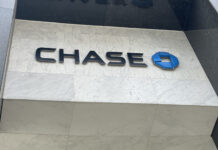
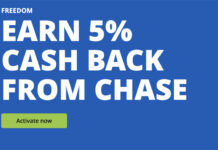






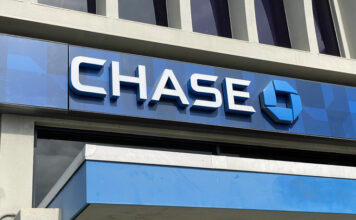




![Earn 20,000 bonus Amex points on Air France/KLM bookings [Targeted] a row of seats in a plane](https://travelingformiles.com/wp-content/uploads/2024/03/air-france-new-business-class-2-741-80x60.jpg)


The toughest one for me is remembering truly unique passwords since I don’t happen to have a photographic memory and am not willing to have your password manager hacked and lose every password for everything in my life in one fell swoop. It’s a tough one.
Christian
You might consider Norton password manager service or Norton security overall. I`ve used it for over 20 years and have it on PC`s and smart phones using the PC security and my IOS Apple is also using password manager service APP. I have never herd once of a hack. I have over 100 different passwords and it will hold endless amounts of passwords and will switch out old ones with new ones you create for your suites. Not a promotion, just a suggestion. GL